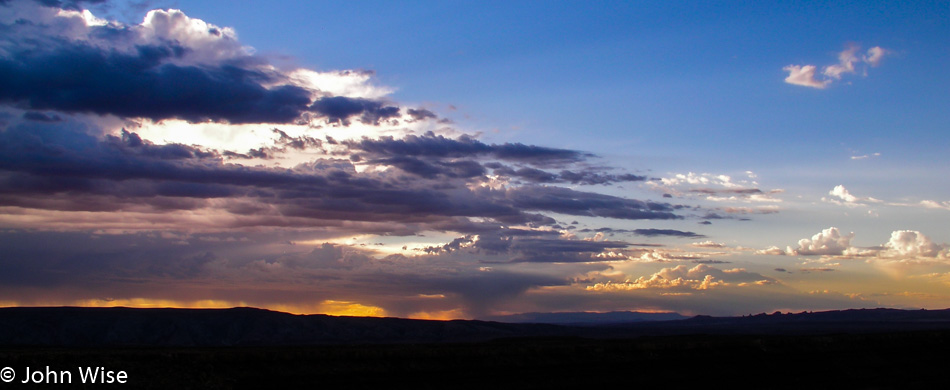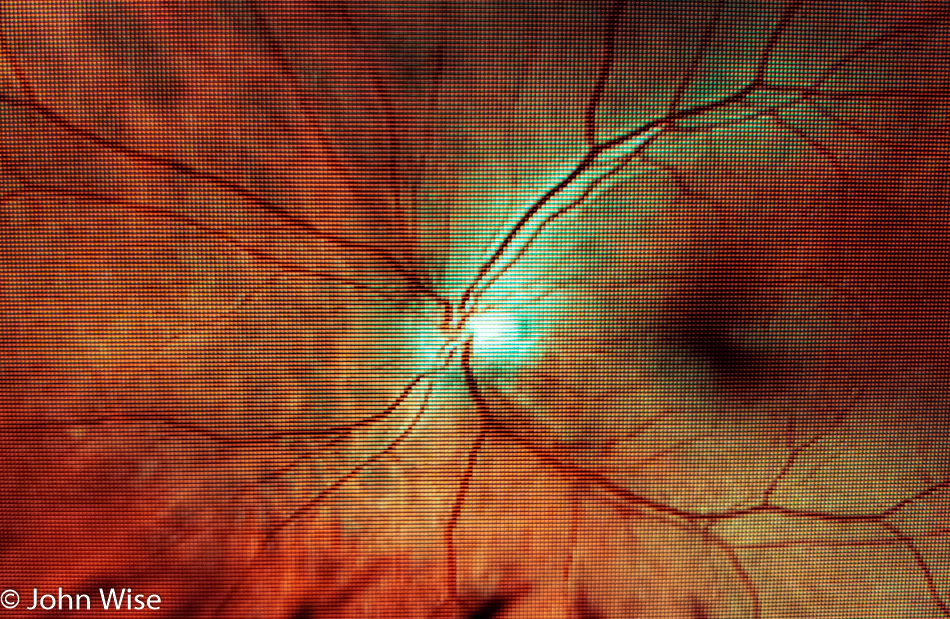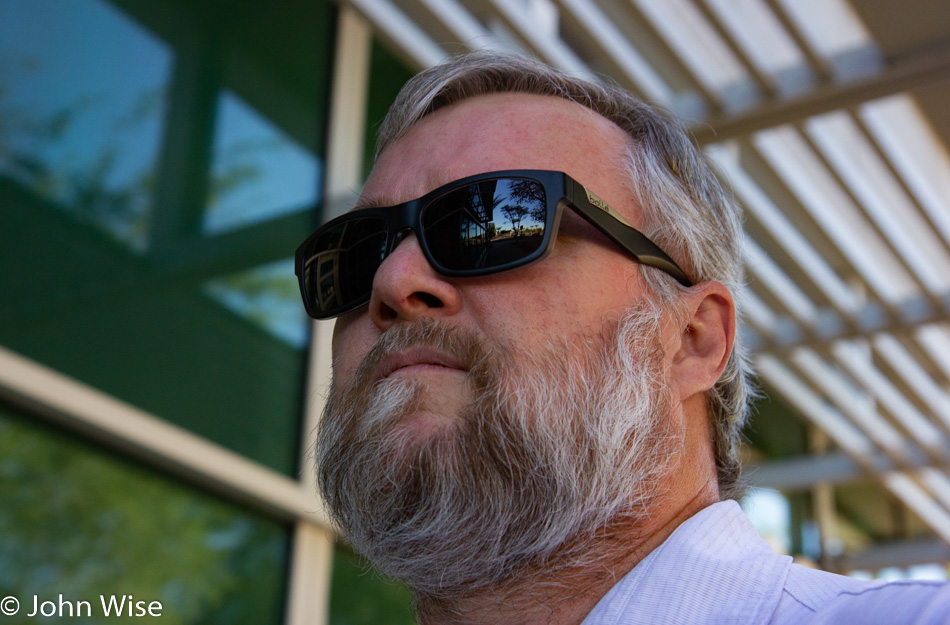
We are experiencing a global speed bump that is dissolving the ties that bind society: it is known as technology. While globalization has been taking place at a relatively glacial pace in comparison, the technology at our fingertips is fracturing ideas of cultural bonds. The Marxists at one time were afraid that the influence of a ruling class would put its stamp on the minions, instead, self-inflicted stupidity exacerbated by ego-driven indulgence is running rampant. This is possible due in large part to our lack of emphasis on education while social media drives the push for everyone to be a celebrity. The culture of community, city, and state is reduced from a shared culture to millions of mini cultures that have their cliques of adherents.
Small isolated islands of humanity filled with obtuse people dismissive of outsiders have started to form. This promises to foster new classes of utterly stupid people who no longer have the slightest hint of belonging to a larger group, much less society, a country, or maybe even our planet. We are licensing broad idiocy on a scale not seen since our most primitive beginnings, and that is unfair to our ancestors as they at least had strong survival skills. We are doing this in the name of personal freedom while not recognizing the basic tenets of civility that arise out of the shared community. This must happen, though, due to our headlong rush into technology without having knowledgeable people at the helm trying to parse what this explosion of social media and personal expression might bring to our societies. A counterbalance could be as simple as having serious leadership that would place an emphasis on education instead of conflict and mediocrity.
Could things be different? Not likely unless we’d been striving for broader intelligence decades ago. The prospect of enlightenment and social change hinted at frightened the status quo, which triggered a force to malign education and make it mostly unaffordable. While our tools used for the distribution of information and, ultimately, knowledge continued to evolve, the faculties of the masses to understand their potential have been hindered. So instead of mobile technology being used for our betterment, we are using it for games, porn, dating, sharing photos of our food, watching videos, and ordering coffee.
The things we use our smartphones for are all valid, but it is the imbalance where we eschew learning in order to bide our time due to perceived boredom that would otherwise overwhelm us that is my beef. That we treat education as a kind of malevolent thing is a criminal act against humanity. We should not know boredom if our minds and hobbies were able to engage us with practice instead of the internal pacing of a quiet brain untrained for dialog and further development of our skills. On our hamster wheels, the speed bumps are self-inflicted obstacles of our own making in our desire for an “easy” life. Our technology should help challenge us, not pacify us into stasis.




